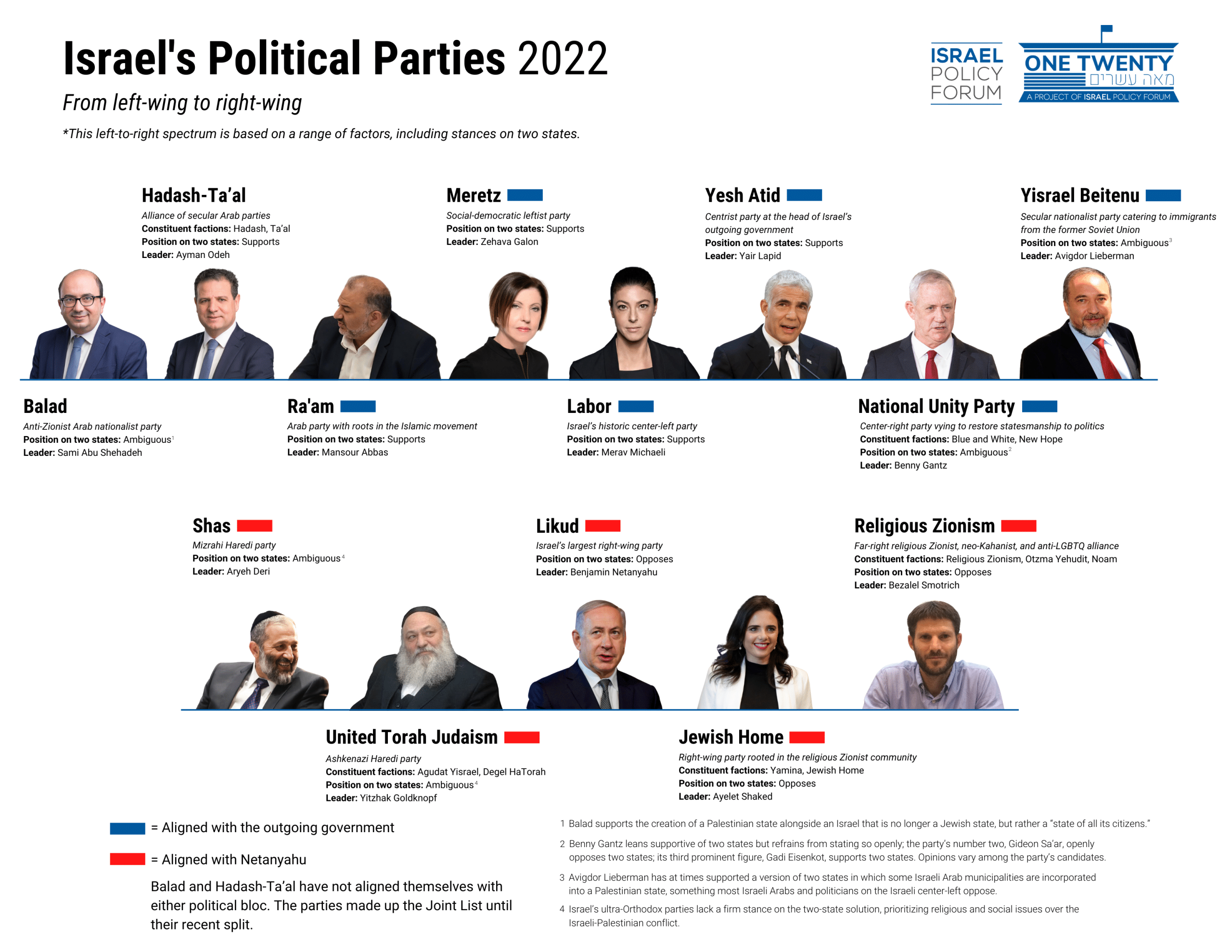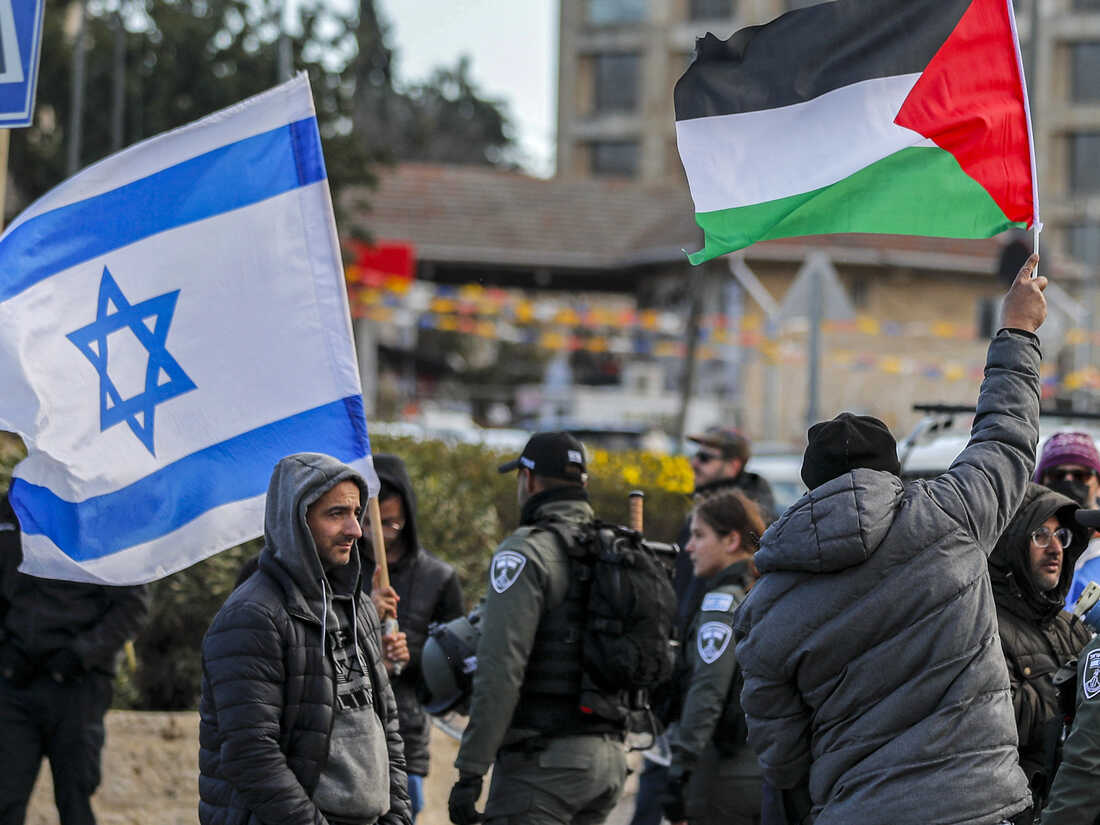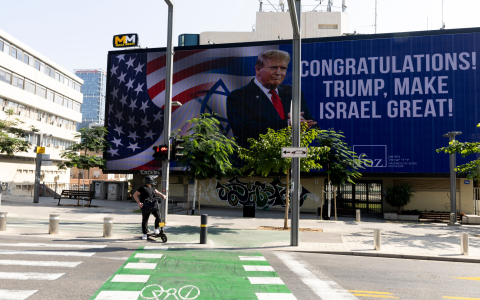Alright, let me walk you through how I figured out which parties in Israel actually support the two-state idea. It wasn’t as straightforward as I thought it would be.

It started a while back. I kept hearing news reports throwing around the term “two-state solution” regarding Israel and Palestine. Everyone seemed to have an opinion on it, but I realized I had no clue which political groups inside Israel were actually pushing for it, or at least officially backed the idea. It felt like a missing piece of the puzzle when trying to understand the dynamics over there.
So, my first step was pretty basic: I just started searching online. I typed things like “israeli parties supporting two states” and “who wants peace talks in israel politics”. Honestly, the first wave of results was kind of a mess. Lots of opinion pieces, historical articles going way back, and news reports that mentioned the solution but not necessarily which parties were currently championing it. It was noisy.
I realized I needed to narrow it down. I started looking for lists of current or recent parties in the Knesset, Israel’s parliament. Then, I began checking them one by one. This took some time. I’d look up a party’s name, maybe like Likud, or Yesh Atid, or Labor, and try to find their official stance. Sometimes it was on their website (though often in Hebrew, needing translation), other times I found it mentioned in news articles about their policies or coalition agreements.
Digging Deeper
What I quickly found was that it’s not always a simple ‘yes’ or ‘no’. Some parties were clearly against it. Others were kind of vague, maybe saying they supported peace but without explicitly endorsing the two-state framework. And positions seemed to shift depending on the political climate or specific security concerns at the time.
I had to learn to read between the lines a bit. I started focusing on the parties generally described as center-left or left-wing, as they seemed historically more aligned with peace processes involving negotiation and compromise.

Finding the Supporters
Through this process, I started getting a clearer picture. Here’s what I generally found:
- Labor Party (HaAvoda): This one came up quite consistently. Historically, they’ve been major proponents of the two-state solution. It seemed pretty core to their platform for a long time.
- Meretz: Another party on the left. They appeared even more strongly and consistently in favor of ending the occupation and establishing a Palestinian state alongside Israel. Their messaging seemed quite clear on this.
- Centrist Parties (like Yesh Atid): This was a bit more nuanced. Parties in the center often expressed support for the idea of two states as a final goal for peace, but sometimes with conditions attached, or it wasn’t always their top priority compared to, say, economic issues or security right now. Their stance could feel more conditional.
I also looked into parties representing Arab citizens of Israel. Unsurprisingly, they generally supported a two-state solution based on 1967 borders, seeing it as essential for Palestinian rights and regional peace.
My Takeaway
So, after poking around, reading statements, and trying to piece together the different positions, I didn’t come away with a perfect, unchanging list carved in stone. Politics changes, right? But I got a much better handle on it.
Basically: The strongest, most consistent support for a two-state solution tends to come from the left side of the Israeli political map, specifically parties like Labor and Meretz. Some centrist parties might support the principle, but perhaps less actively or with more caveats. And the parties representing Arab citizens are also key supporters.
It was an interesting exercise. It showed me that just hearing a term like “two-state solution” doesn’t tell you the whole story about the political landscape. You kind of have to dig into who actually stands behind it, and how strongly. It definitely helped me understand the news coming out of the region a bit better.

